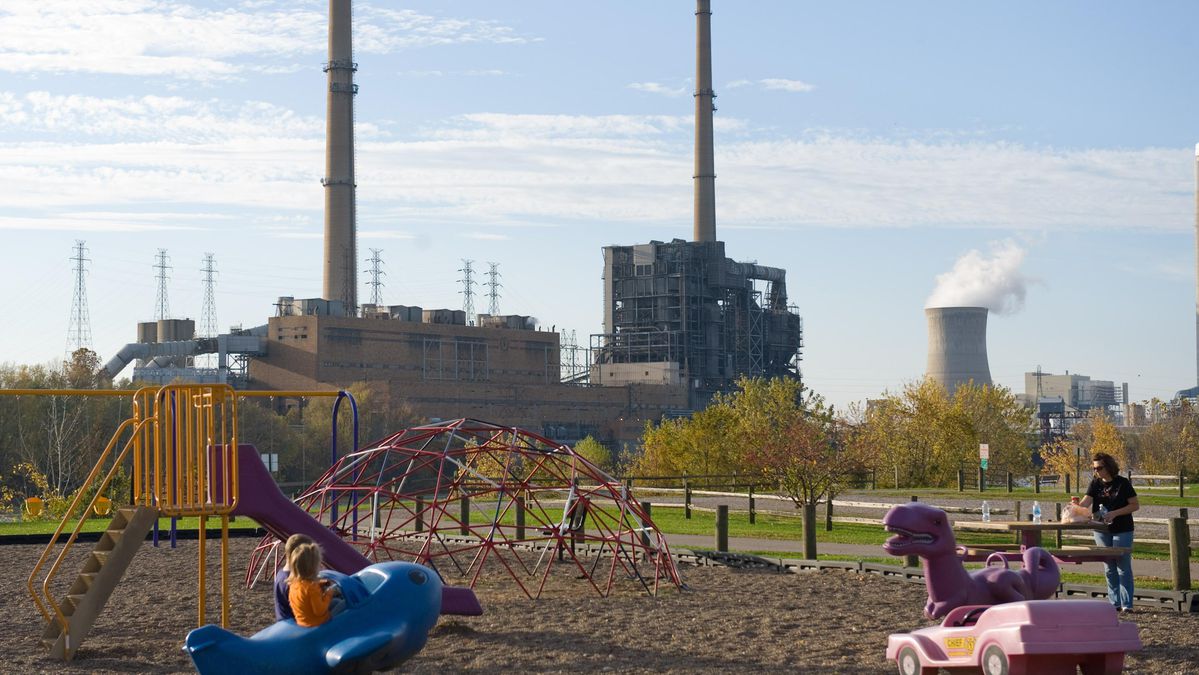Global Carbon Care
At Global Carbon Care, they care about Carbon Capture. As a non-profit organization, their aim is to increase awareness, focus and clarity on carbon capture solutions, and carbon capture storage and carbon capture technologies. They are a team full of passionate activists that want to make our world a better place. They are ambitious, focused and determined. They have set ourselves the goal of providing factually-based information about Carbon Capture’s current drawbacks in our world.
Carbon is a chemical element with symbol C and atomic number 6. It is nonmetallic and tetravalent-making four electrons available to form covalent chemical bonds. It belongs to group 14 of the periodic table. Carbon makes up only about 0.025 per cent of Earth’s crust. Three isotopes occur naturally, 12C and 13C being stable, while 14C is a radionuclide, decaying with a half-life of about 5,730 years. Carbon is one of the few elements known since antiquity.
Global Carbon Issues
The amount of carbon stored in the Earth’s atmosphere is miniscule compared to the amount stored in oceans, soils, and geologic formations. Small additions to the atmosphere over a long time have an enormous effect on the global carbon cycle. The start of the industrial revolution nearly 300 years ago, marked the beginning of the period during which human (anthropogenic) activities moved large amounts of carbon from different terrestrial and geologic stocks to the atmosphere. Emissions from fossil fuel use and land use change have been increasing over the last three centuries and currently result in a net addition of approximately 9 GTC per year to the atmosphere. These anthropogenic fluxes have led to a 19-36% shift of carbon out of the Earth’s gas, oil, and coal reservoirs, carbon that had been essentially locked away from the carbon cycle for millions of years but is now expected to remain in the atmosphere for decades to centuries. This contribution of fossil fuel carbon to the atmosphere can be considered a net addition to the contemporary carbon cycle and a driver of climate change.
Climate Change Effects on Carbon
Climate change is already having an impact on ecosystems across the world, and many of these changes are expected to continue or accelerate in the future. Opportunities to mitigate atmospheric greenhouse gas emissions is driving interest in managing carbon within ecosystems, highlighting the important role forests and grasslands play in sequestering CO2 and providing a source of renewable energy. At the same time, changes in the Earth’s climate system are altering forests in dramatic ways, which can also have consequences for the emission of carbon and other greenhouse gases.
Global Carbon Care
Global Carbon Care is increasingly important to consider the current and long-term effects of climate change, where land management seeks to maintain or increase carbon stocks or to provide a source of renewable energy. Adaptation actions, which work to reduce a system’s vulnerability to a changing climate, can help support beneficial carbon outcomes. Adaptation and mitigation are not alternatives to one another, but rather are part of an overall strategy to lessen the severity of climate change impacts. For example, increasing soil organic matter enhances soil carbon while also improving the water-holding capacity of soil and reducing the vulnerability of forests to more frequent intense drought. Management actions that serve to adapt forests and grasslands to changes in climate are critical for maintaining existing carbon pools and reducing losses of ecosystem carbon to the atmosphere.




